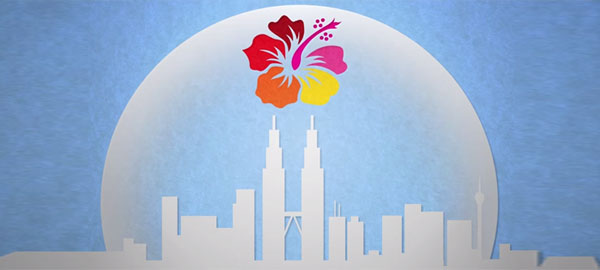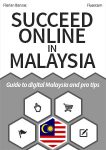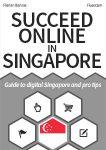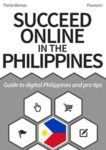With a population expected to reach 10 million by 2020, Kuala Lumpur is in need of major urban planning to enhance the well being of locals and tourists alike. To allow for its sustainable development, various projects are being implemented which will impact community livability, economic and business sustainability.
Projects to make Kuala Lumpur world-class city by 2020
Urbanization is a major trend around the world, heavily contributing to a country’s economic growth. In this trend of rapid urban development, Kuala Lupur is engaged into several projects to allow it to compete regionally with Asian megalopolises such as Bangkok, Singapore, Seoul or Shanghai.
Attracting foreign companies and foreign talent
A major engine for a city’s influence around the world is to attract foreign companies to provide employment, salaries and foster the local economic development. As of 2012, 1,600 foreign companies were based in Malaysia, a number lagging behind Beijing, Singapore and Shanghai.
In order to keep up with these Asian cities, InvestKL has been tasked to attract 100 multinational corporation – MNC – to establish their regional headquarters in Kuala Lumpur by 2020 from the 11 national key economic sectors for Malaysia:
- Agriculture
- Business Services
- Communication, Content & Infrastructure
- Electronics & Electrical
- Financial Services
- Healthcare
- Oil, Gas & Energy
- Palm Oil
- Tourism
- Wholesale & Retail
As of 2012, 11 MNCs have set their regional headquarters in Kuala Lumpur, bringing the total to 17 MNCs in Kuala Lumpur.
Kuala Lumpur will need to grow by 4 to 10 million people by 2020, a number that will include 2.5 million foreign expatriates and Malaysians from outside the Kuala Lumur / Klang Valley region. TalentCorp is involved into attracting these talents.
Developing connectivity and ease of mobility
The Urban Mass Rapid Transit system – MRT – will provide an efficient and environment-frienly transportation network to Kuala Lumpur to enhance access and mobility to and from the city center for 400,000 daily commuters. Its first phase, the Sungai Buloh-Kajang line should be completed by December 2016.
The development of the MRT will provide great impact to the community and businesses all along the line, especially in the sectors of real estate, retail and tourism.
https://www.youtube.com/watch?v=kptkINElVRU
Transforming Kuala Lumpur’s environment
A major project for the livability and atmosphere of Kuala Lumpur is to enhance the Klang river which cuts through the city. The project goes in 3 phases; its first phase to clean the river has now been complete: gross pollutants traps have been installed and two waste water treatments have been built.
Planting trees is another way to improve the environment. The government agency DBKL together with the private sectors are working towards planting 100,000 large coverage trees in Kuala Lumpur by 2020. By 2013, more than 63,000 trees had been planted.
Promoting the cultural heritage of Kuala Lumpur is also a way to improve its atmosphere for citizens and tourists. A guided pedestrian pathwalk is designed to ease access to several of Kuala Lumpur’s landmarks and monuments.
Safe and convenient walkways are being developed. As of 2013, 23 km of walkways have been built towards the target of 43 km to be built by 2020.
Solid waste production is expected to grow from 10,000 tons per day in 2012 to 17,000 tons by 2020. To cope with this increase, various initiatives have been launched to improve the management of waste from household to waste treatment facilities.
Video from June 2013 and July 2014 by PemanduETP

![Malaysia real estate overview [reports] Malaysia-real-estate](https://aseanup.com/wp-content/uploads/2016/07/Malaysia-real-estate-150x68.jpg)







